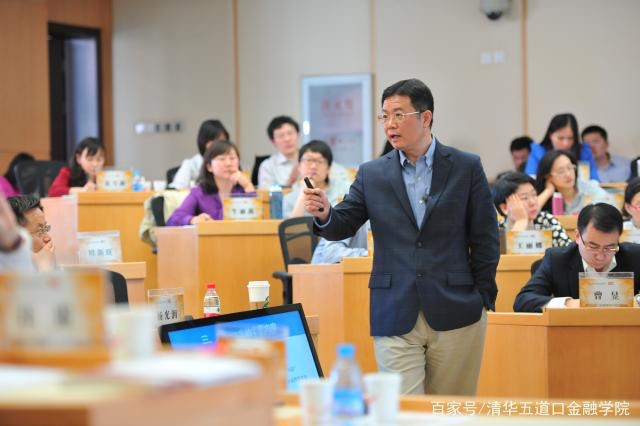Professor Li Liao, Executive Associate Dean of PBCSF and Dean of THUIFR, attended a seminar held by the Government of Beijing Xicheng District recently. During the seminar, Prof. Li Liao shared his perspectives on fintech research from the aspects of history, current situation, features, structure and future development. Prof. Li Liao stated fintech would be a driving force for the economic development of China, and PBCSF has been focusing on research on fintech to provide strong intellectual supports for the exploration, supervision and practice of fintech in China.

Prof. Li Liao believed the demand from the market, the development of technology and the change in regulation are the driving forces that result in the emergence and development of fintech. Firstly, the dramatic change in urban financials, especially the massive increase in assets and liabilities lays a solid foundation for fintech. Increase in incomes of individual and families resulted in the growth of items of assets and liabilities, which would bring more opportunities for financial institutions. Secondly, advanced technologies such as AI, big data, cloud computing and blockchain brings massive innovation and increases economic efficiency. Finally, the change in regulation also greatly helped with the transform of the finance industry and the development of fintech.
Prof. Li Liao shared, focusing on the perspective of business models, our research segmented the fintech industry into five groups,
Empowering the traditional finance, including online banking, online brokerage, and online insurance.
Optimizing assets and liabilities, which helps individuals, families and enterprises to optimize their asset allocation and liabilities including online fund sales, online wealth management, online small business lending and online consumer finance
Financial data and information services, including online social investment, financial product search, personal financial information management, alternative data services and online financial education.


